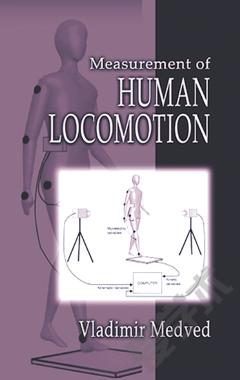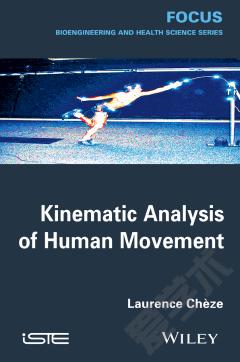Measurement of Human Locomotion
The importance of measurements to properly assess human locomotion is increasingly recognized. Already well established as an experimental scientific research tool, human locomotion measurements are frequently a routine clinical application. Fields of application encompass both healthy and pathological locomotion encountered in rehabilitation medicine, orthopedics, kinesiology, sports science, and other related fields. This volume provides comprehensive description of instrument systems for measurement of kinematics of human movement, kinetic quantities experienced by the human body in contact with the ground, and myoelectric changes associated with locomotor activity. Physical principles governing the operation of several measurement devices and relevant mathematics and engineering are presented, as well as signal processing issues that must be addressed in order to obtain and use quantitative measurement variables in the biomechanical context. Measurement data acquisiton, processing, and presentation to the user in a computer-based laboratory environment are explained. The ultimate goal is to contribute to the diagnostics and treatment of specific locomotion patterns. References to major historical landmarks in the development of measurement methodology are provided as well. Selected experimental data are shown and interpreted to illustrate the methods, some originating from the author's own research. Consequently, the reader will gain insight into the working principles, typical uses, and comparative advantages of a number of instruments, such as simple electrogoniometers, sophisticated stereometric instruments to capture human body kinematics, imbedded force plates, distributed pressure measurement systems, wire and telemetry electromyographs, etc. Systems oriented and interdisciplinary in character, this volume addresses biomedical engineers, active in industry or the clinical environment, physicians, kinesiologists, physical therapists, and students and researchers of human movement in clinics and academia. By focusing on locomotion measurements, the volume attempts to complement classical biomechanics, neurophysiology, and motor control-oriented texts.
{{comment.content}}








 京公网安备 11010802027623号
京公网安备 11010802027623号